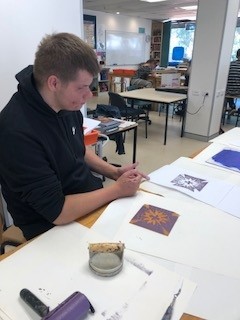 | 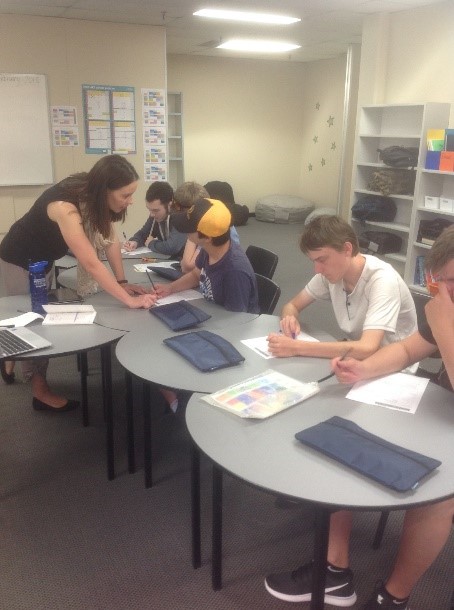
| 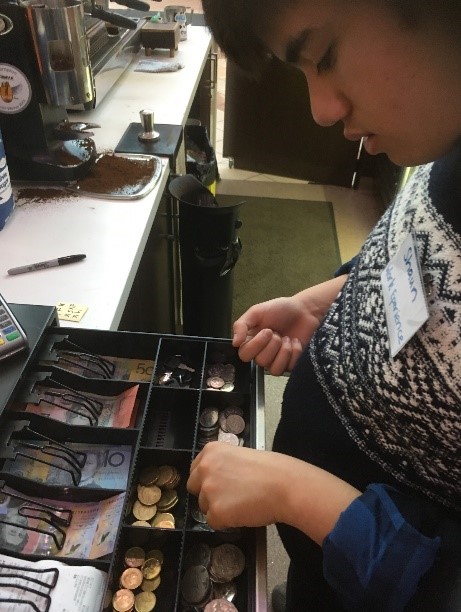
|
Executive Teacher: Renee Couto
Compass Staff: Helen Clarke, Donna Elkins, Kreso Gavran, Bec Msosi, Ryan Page, Caleb Randall, Emmy Wilson.
The Compass Program is designed to support students with special needs to actively engage and achieve their goals in college. It provides individualised and diverse learning pathways that promote self-sufficiency and enable our students to acquire the skills they need to succeed in school, work and relationships. We do this through personalised pastoral care, inclusive educational programs, and small group instruction. Compass Program students are encouraged and supported to access the college at their full capacity, engaging in an academic package that can include a combination of mainstream courses, small group Compass Program courses and reverse inclusion courses. All Compass classes are BSSS courses that have been modified to cater to the needs and strengths of the individuals in the program. All students engage in a compulsory Study Skills course as a part of their academic package. Study Skills aims to support transition into college, provide regular and consistent opportunities for quality pastoral care and to develop the study techniques and time management skills required for college.
Students are mentored through the subject selection process to ensure an individualised package is created to meet their academic, social and emotional needs. Students choose five courses and one compulsory Study Skills course (six courses in total).
Mainstream Courses

Reverse Inclusion Courses
Food for Life (M)
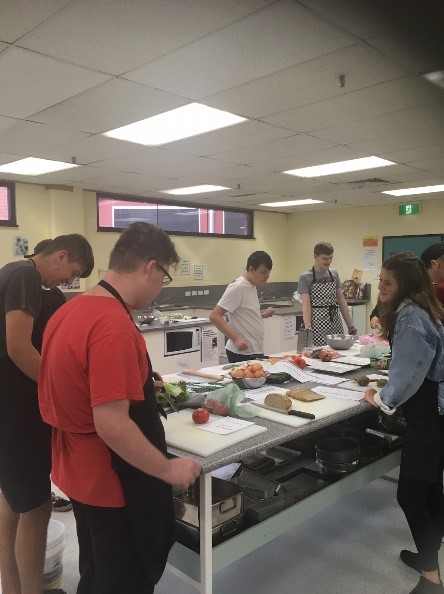
Food for Life is a reverse inclusion class. A small number of mentors join this class to provide social skill development at a peer level. Whilst this is a practically focused course which has been developed for students with an interest in food, health and well-being, it also aims to provide students with a platform to practise and develop their social skills through organic interactions with their mentors. All students in this reverse inclusion class shop, cook, clean, eat and learn together.
There are generally two in-class assessment tasks and one test per semester for this course.
Small Group Courses
Contemporary English (M)
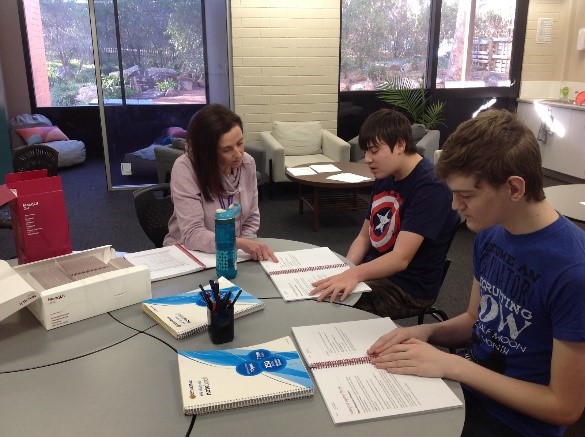
Contemporary English focuses on developing reading, writing, speaking and listening skills. Lessons are designed to actively assist students in the development of communication skills needed for conversation, research, presentations and the expression of viewpoints and arguments. Students in this course work collaboratively in teams and also independently as part of their learning and research endeavours. Tasks are modified to ensure all students can access the content and broaden their literacy skills.
There are four in-class assessment tasks per semester for this course.
Contemporary Maths (M)
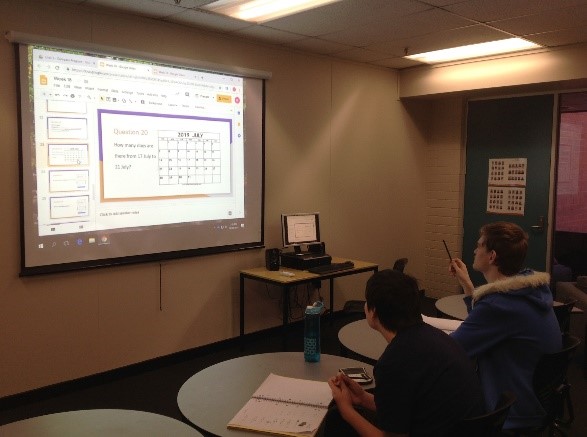
Contemporary Mathematics focuses on the numeracy skills students will require for post-college employment and to manage their personal finances. Students will have the opportunity to study numeracy in the workplace, financial numeracy, numeracy skills for living and numeracy skills required for maintaining personal and supporting others’ health. Tasks are modified to ensure all students can access the content and broaden their numeracy skills.
There are two in-class assessment tasks and two tests per semester for this course.
Study Skills (R)
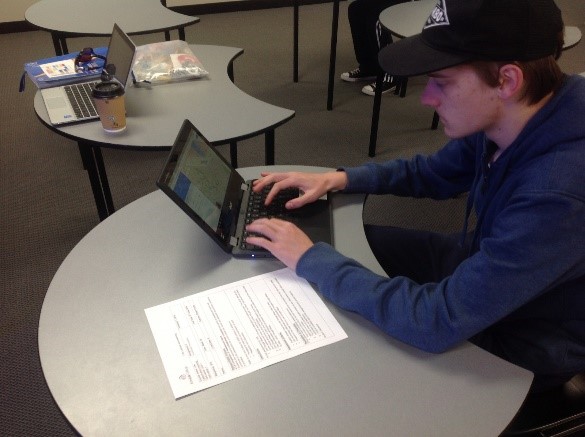
Study Skills prepares and supports students for the academic, social and behavioural expectations of college in a relaxed environment. The small group structure allows for individualised guidance needed to complete college assignments and study for exams. The strong pastoral care focus in these classes allows teachers to build, maintain and strengthen relationships with students.
There are no assessment tasks for this course.
